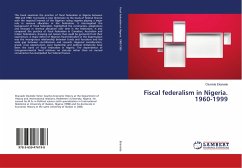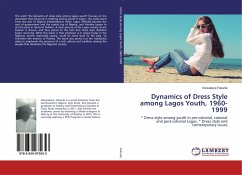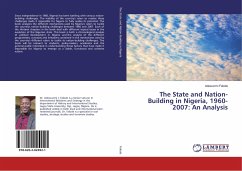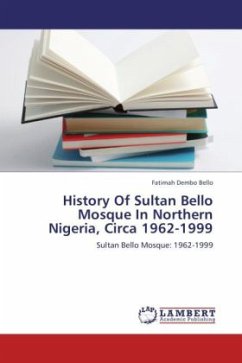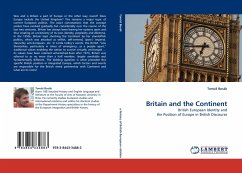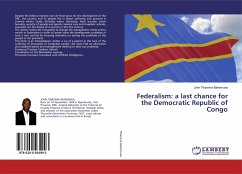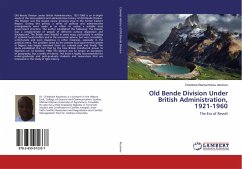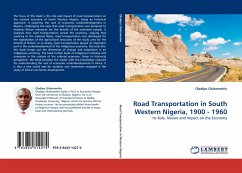This book examines the practice of fiscal federalism in Nigeria between 1960 and 1999. It provides a new dimension to the study of federal finance with the regional interest of the Nigerian ruling regimes playing a major role in revenue allocation in the federation. It interrogated the background of fiscal federalism, highlighted the continuities, adaptations and changes in revenue allocation over time in the federation. It also compared the practice of fiscal federalism in Canadian, Australian and Indian federations, drawing out lessons that could be garnered from their experiences. A major defect of Nigeria's fiscal federalism in this dispensation was the incongruous relationship between funds and functions and the wide gap between contributions and rewards. Regional consideration, greed, crass opportunism, poor leadership and political immaturity have been the bane of fiscal federalism in Nigeria. The dependence of intergovernmental fiscal relations on statutes rather than on mutual convenience has stampeded her federal finance.

